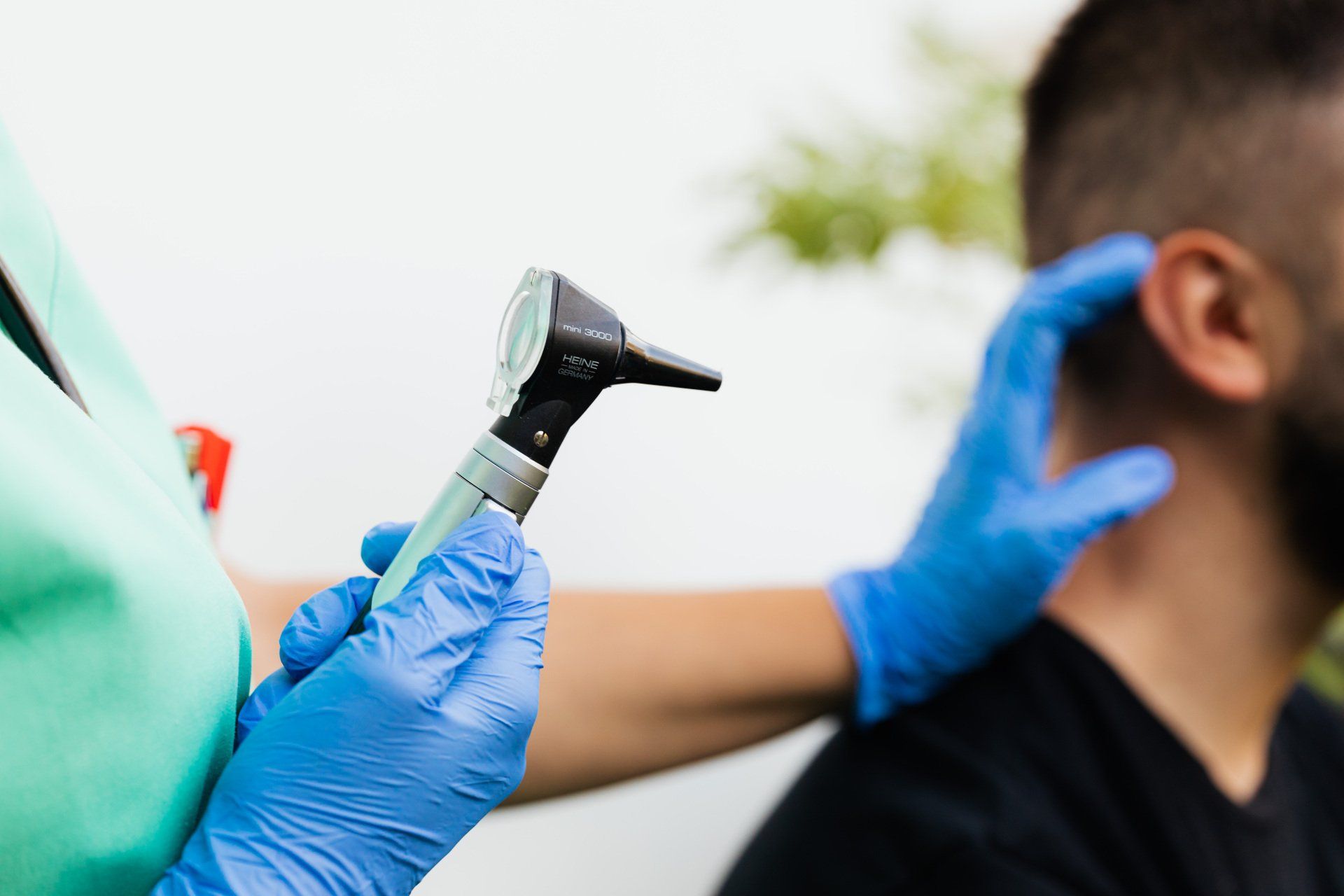How To Adjust To New Hearing Aids (6 Tips)
It often takes between 2 weeks and 6 months to adapt to new hearing aids. This process is normal, but the timeline and experiences differ from person to person.
There is no one-size-fits-all solution when it comes to adjusting to new hearing aids, but there are some trends. Here are some of our top tips:
- Get your hearing aids professionally fit
- Wear your hearing aids as much as you can (it’s ok to build up to a challenging environment)
- If your hearing aids are uncomfortable, try turning down the volume
- Let your hearing professional know if you experience any issues
- Keep in mind your experience has no baseline
- Start a routine as soon as possible
Why Is There an Adjustment Period for Hearing Aids?
When you get new hearing aids, the brain needs time to adapt to new sounds.
Prior to using new hearing aids, the brain was used to receiving a certain mixture and balance of sounds. New hearing aids provide a different mixture and balance, which takes time for our brains to adjust to. This adjustment period is also common when going from older hearing aid technology to newer technology.
The brain can adapt to new ways of hearing, but it takes time. This time varies from person to person, but it is usually between 2 weeks to 6 months. This process depends on the causes of your hearing loss and how your brain adapts to change.
But consider this good news: your brain can adapt to new hearing aids and leverage the technology for ongoing improvement.
Tips For Adjusting to New Hearing Aids
1. Get your hearing aids professionally fit
Hearing health professionals understand the process of adapting to hearing aids. We will ensure your new hearing aids are optimized according to your hearing and comfort.
New hearing aids are often programmed to up to 80% of the full hearing targets. This process is known as “acclimatization” and intends to improve the comfort of new devices. As you get used to your new devices, your clinician will bump up the settings until they are optimized for your hearing
If fit poorly, your hearing aids won’t match your hearing loss prescription and will tend to be more uncomfortable and less functional.
2. Wear your hearing aids as much as you can
We recommend wearing your hearing aids all the time if possible. The more time you spend wearing hearing aids, the more time your brain gets to adapt to the new sounds it receives. Of course, remove your hearing aids if you experience pain or extreme discomfort – and let us know right away.
3. If your hearing aids are uncomfortable, try turning down the volume
Even with the volume turned down, wearing hearing aids gives your brain an opportunity to adjust to new sounds. Again, the longer you wear your hearing aids, the more time your brain has to adjust to them. It's all about finding a balance between comfort and training your brain.
We recommend that you keep track of your progress. Take notes of the time, situations, or environments where you find your hearing aids burdensome or uncomfortable. This information can help us improve the settings and programming of your hearing aids.
4. Let your hearing professional know if you experience any issues
Most problems can be fixed, but we need to know about your issues to fix them. We recommend sharing your problems and concerns with your clinician.
Hearing aids sometimes come with custom-fit ear molds that can initially cause discomfort, but if you experience any severe pain, they can be adjusted. Your hearing professional can also adjust settings like hearing aid volume levels and background noise filters.
At South Oakville Hearing and Audiology Clinic, we are dedicated to supporting and guiding you through every step of the hearing care process. We want to hear your challenges so we can fix any issues. That is why we include ongoing follow-up care with your purchase of new hearing aids.
5. Keep in mind your experience has no baseline
You have no reference point when it comes to adjusting to new hearing aids. This makes it difficult to make comparisons, so it’s best to keep an open mind to this new experience.
We recommend patience and willingness to share your experiences. Be sure to keep your clinician informed of any updates or challenges, and also let your close family and friends know what you are going through. Most people are understanding and accommodating when they know what is happening.
6. Start a routine as soon as possible
Wear your hearing aids as much as possible. Take breaks if you're uncomfortable but try to wear them for as long as possible. Track how long and where you have been wearing your hearing aids.
New routines take time to create, but they will get you in the habit of using hearing aids as soon as possible. Remember: you’re training your brain to get used to receiving new sounds. When it becomes a routine, you will forget you are even wearing hearing aids.
Fine-Tune Your Hearing Aids
New hearing aids from South Oakville Hearing and Audiology Clinic come with ongoing service and fine-tuning. Our goal is to minimize issues and maximize comfort – so your hearing aids will stay out of drawers and be helpful for years after your purchase.
Contact us and book an appointment to experience our personalized and friendly service for yourself.

